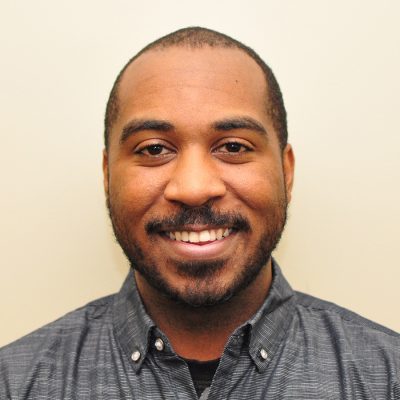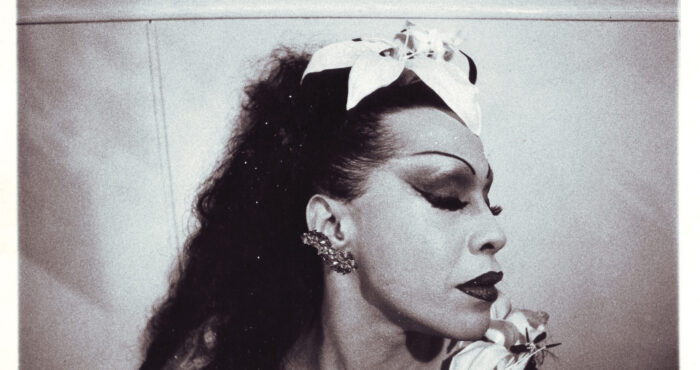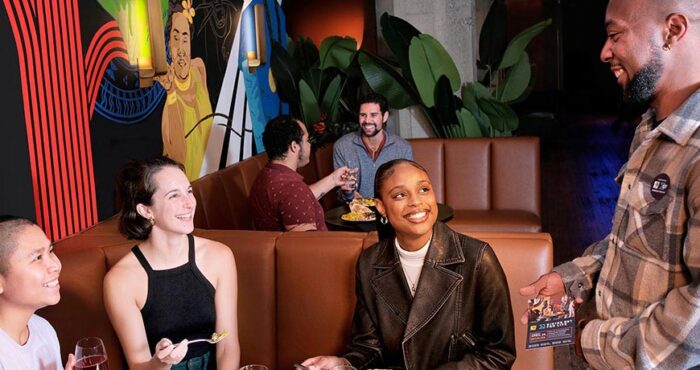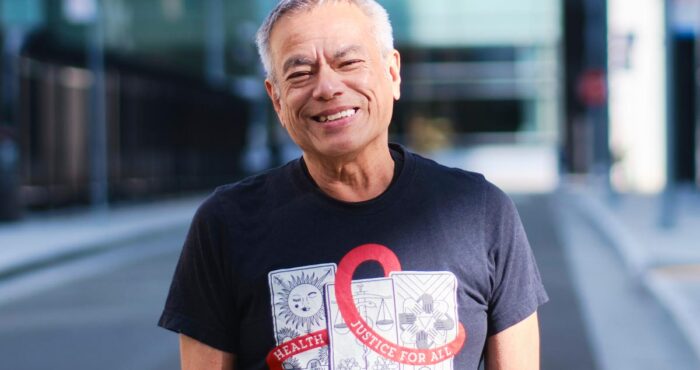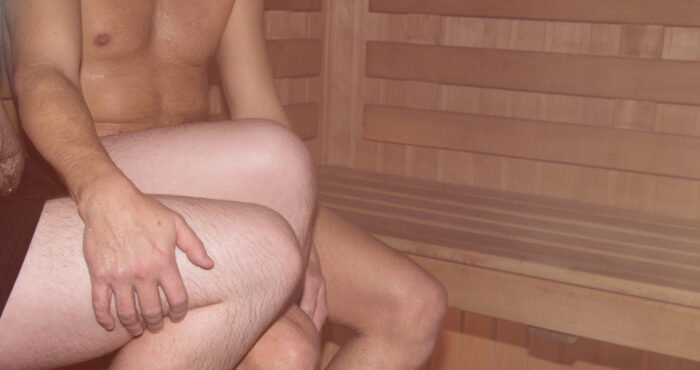Black Brothers Esteem Member Spotlight: Shaun Haines
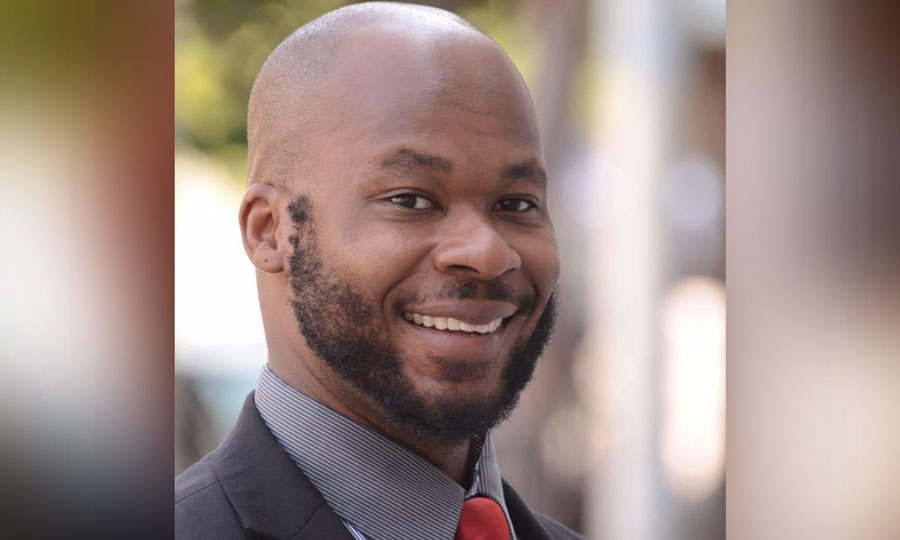
Shaun Haines has been a member of Black Brothers Esteem (BBE) for six years through his work co-collaborating with the Generations Black LGBT History Month event. This month, he was nominated by fellow BBE members to be the showcased member for June due to his vast portfolio of community activism, policy work, and volunteerism. I spoke with Shaun recently, who gave insight into his policy work benefiting the Black community, how he got involved in LGBTQ activism, and why it’s so important for African Americans to be represented in politics.
Tell us a little about yourself. How did you get involved in BBE, and with the policy work you do?
I was invited to become one of the program coordinators for the Generations Black LGBT History Month after attending several events. I have been blessed to have worked with many of the program coordinators over the years, co-collaborating on events in supporting our target demographics. I am grateful to have been blessed with a BBE Nia Awarded for my efforts through BBE to promote political and social awareness on the issues facing our city.
It’s important for me to engage in the political spheres and social groups that are for and that affect Black people. This led me to first-hand experience with PrEP and health campaigns, helping people get tested for HIV, volunteering and tabling events, and being involved in committees for events and causes that serve the Black community.
As a native of San Francisco and African American, I felt like I wasn’t represented by people in office and in politics. This ultimately led me to get involved in policy work. I applaud the fact that there is a lot more representation these days by Black people in higher levels of office, but there still aren’t enough politicians who have experienced–first hand–challenges like poverty and homelessness. These are challenges that give critical perspective to the most disenfranchised, and ultimately enable politicians to create and advocate for more holistic policies.
Can you tell us more about the outreach, community work, and volunteerism that you have done with BBE, and outside of the group?
Together we stood on the steps of City Hall to commemorate the first BBE Day and since then we have co-collaborated on organizing HIV Awareness day for the African American community in the Bayview and at various events around the city, at Strut, and in the Western Edition.
I served in the San Francisco Democratic Party for seven years, and founded the San Francisco Black Community Matters. I’ve also served as the former chairman for the Black Voices and Allies Leadership Committee, and am currently the commissioner of the Our City Our Home Oversight Committee. It has been an honor to be publicly recognized by the Mayor, the San Francisco Board of Supervisors, Tenderloin Pride and others with various awards and honors for my leadership in the Black LGBTQ community.
I hope that BBE continues to engage Black people in historically Black neighborhoods such as Bayview, Hunters Point, and in the East Bay. It’s critical that we hold community forums to discuss important issues, and to transform these conversations into action.
What inspired you to get involved with activism, community work, and community outreach?
A young queer man stopped me in a bar. Though the initial encounter was a bit rude, it ended with an apology and a comment that I had energy like that of the great Martin Luther King. It’s been over a decade since, with thousands of volunteer hours serving at just about every LGBTQ organization and public event this city has to offer.
What are some insights that you have learned working with BBE and doing community-based work?
I have learned that the work gives me a sense of hope for the future. Seeing so many wonderful individuals committed to making this world of ours a better place. I believe that we need each other and to collaborate on organizing more events and resources to continue our efforts to ensure we are providing the spaces, and opportunities that we often find missing in our community.
What are some insights that you have learned working with BBE and doing community-based work?
I have learned that the work gives me a sense of hope for the future–seeing so many wonderful individuals committed to making this world of ours a better place. I believe that we need each other. We must continue to collaborate on events and resources that provide the spaces and opportunities that we often find missing in our community.
What are some tips or words of advice that you would share with the Outreach Team and those who may read this interview in the future?
I would say to keep getting our presence there into the community. Show up at places that we do not often go to. Continue to make our voices heard and our faces are seen so that we can connect with communities that are aligned with our mission.
My abilities became so much more powerful when I decided not to doubt myself. I started to tell myself, “I’ll give it a try. I don’t know how, or when it’ll come, but when you put out that energy–it will come.” Don’t be swayed and know that you’ll learn more from your mistakes than your successes.
Anything else you would like us to know?
Keep inviting me to events, I love hanging out with you all!
Also – I’m really looking forward to launching Black Community Matters. This is a platform for community groups and organizations that will be a single online source of resources and information for the Black Community.






